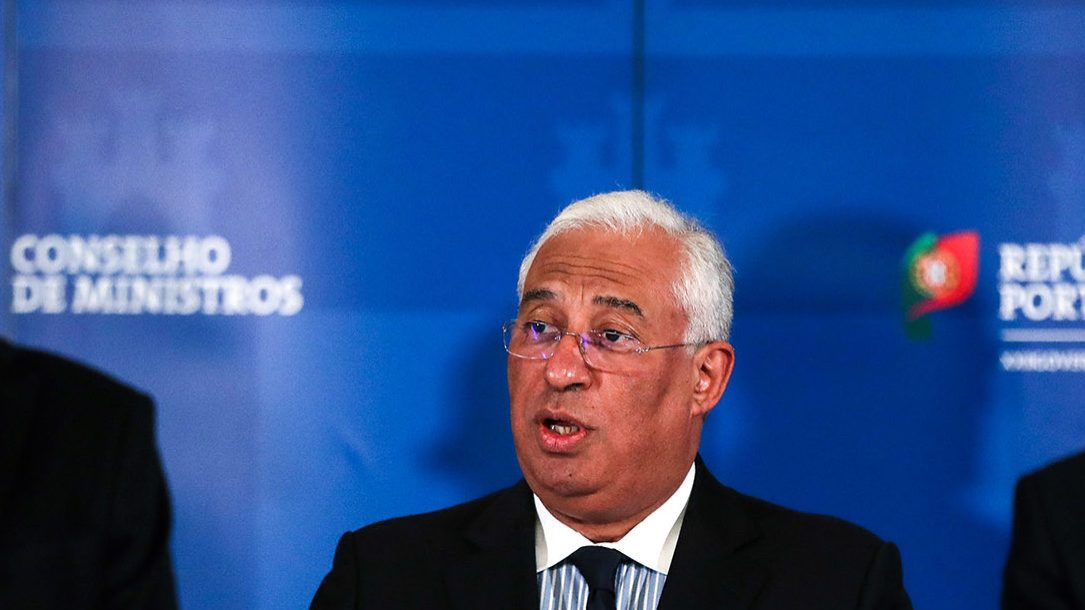Portugal could get €251B from EU recovery fund – or be net contributor
According to calculations by the research institute ZEW, Portugal could receive up to €25.1 billion from a hypothetical post-Covid-19 European Union economic recovery fund.
Portugal could receive up to €25.1 billion from a hypothetical post-Covid-19 European Union economic recovery fund totalling €1.5 trillion, but it could also end up being a net contributor, according to calculations by ZEW, a leading economic research institute in Germany.
Based on a simulation of what a €1.5-trillion European Recovery Fund would look like, and in a scenario where the allocation of funds to the 27 countries in the European Union corresponds to the economic downturn forecast by the International Monetary Fund, Portugal would receive €25.1 billion, corresponding to 11.93% of its gross domestic product (GDP), the institute found.
In a second scenario that takes into account only the number of deaths projected by the Institute of Health Metrics and Evaluation (IHME) for each of the 27 countries, Portugal would collect €8.2 billion, or 3.89% of its GDP.
In a third scenario, in which two-thirds of the funds allocated would be proportional to the drop in GDP and one-third to the number of deaths projected by the IHME, Portugal would receive €19.5 billion, or 9.25% of its GDP.
However, the ZEW study also assumes that contributions to the possible Recovery Fund would be made based on the same criteria as the EU budget, which is financed by member states.
“The most logical formula for the distribution of efforts is the proportion of each member state in the Gross National Income of the European Union,” according to the institute; it therefore used this formula in calculating the funding formula for the €1.5-trillion recovery fund.
On this assumption, and based on the third scenario mentioned above – in which funds are allocated in proportion two-thirds in terms of GDP losses and one-third in terms of the number of deaths – Portugal’s contribution to the fund would be €22.3 billion, or €2.8 billion more than it would receive, so representing a deficit of 1.31% of GDP.
If European debt securities, the so-called ‘coronabonds’, were to be issued, the interest benefit that Portugal would accrue in this scenario would be €167 million per year.
“Transferring the gross financing burden [of the fund] into the future through ‘coronabonds’ has a negligible additional impact on cost sharing,” the ZEW pronounces. “For example, the interest rate advantage for Italy would be only EUR 3.1 billion per year, not much more than one per thousand of the country’s level of public debt”, which was €2.4 billion at end-2019.
The results can be summarised as follows, according to the ZEW: “some of the poorest members of the EU would be the biggest net contributors”.
This, it stresses, “is the consequence of a (projected) milder recession and a relatively low number of covid-19 deaths in these countries. On the other hand, some of the richest countries are among the largest recipients.
“Not all of the more indebted countries would benefit,” it goes on. “Portugal and France are among the net contributors.”
According to the ZEW, “even a generously financed European recovery fund can contribute to a significant improvement in highly indebted EU countries like Italy, even if the payment formula takes into account the specific humanitarian and economic costs of the pandemic.”
The institute warns, however, that “the results of the simulations have to be viewed with care” because of the uncertainty about economic projections and the total number of deaths.
“However, the results convey a first impression of the magnitudes and direction of the balance of payments that could be mobilised by the Fund,” the institute concludes.
The heads of state and government of the European Union are today discussing an economic recovery plan to overcome the Covid-19 crisis, but member states are split on how to fund such a plan, making agreement at this point difficult.

